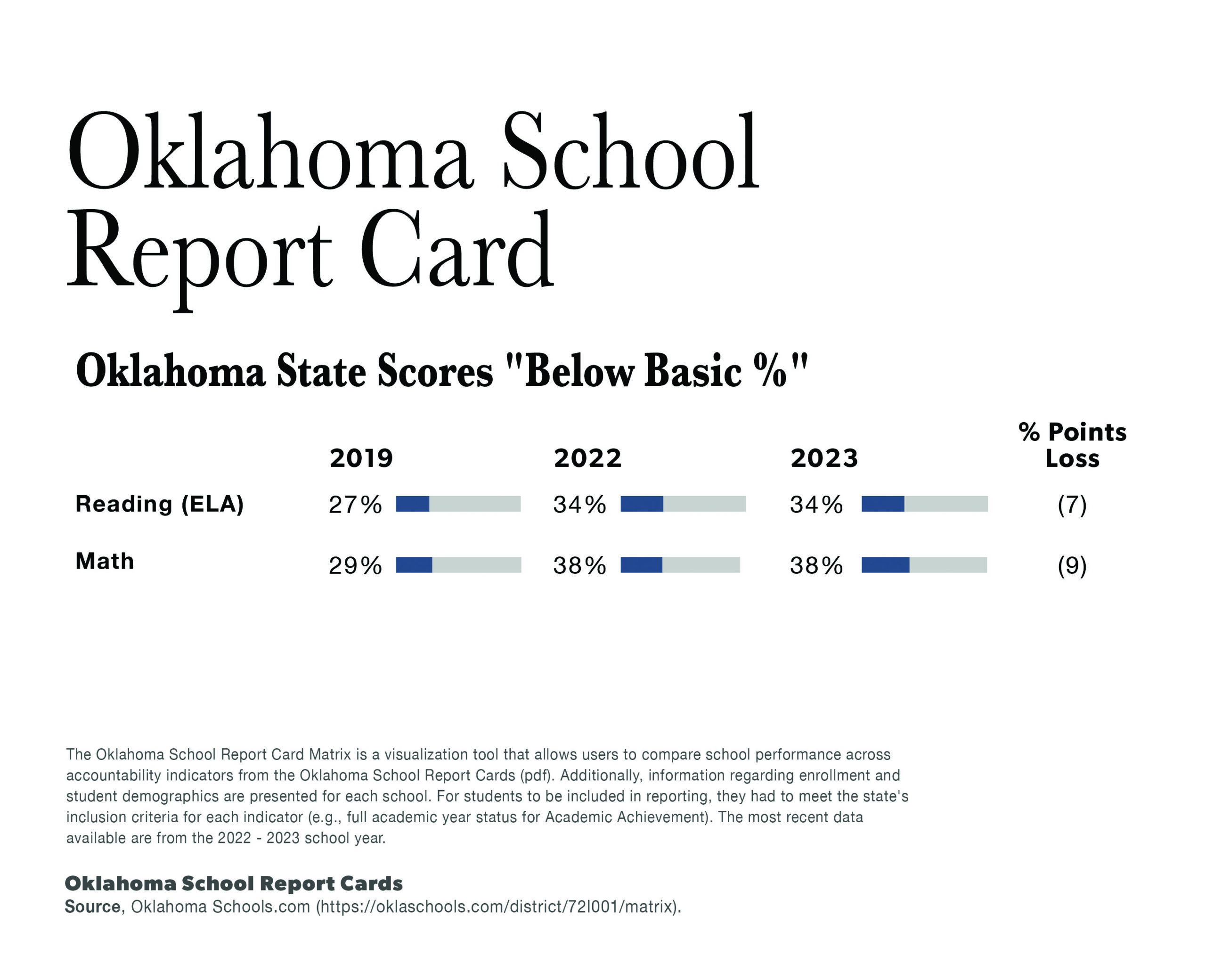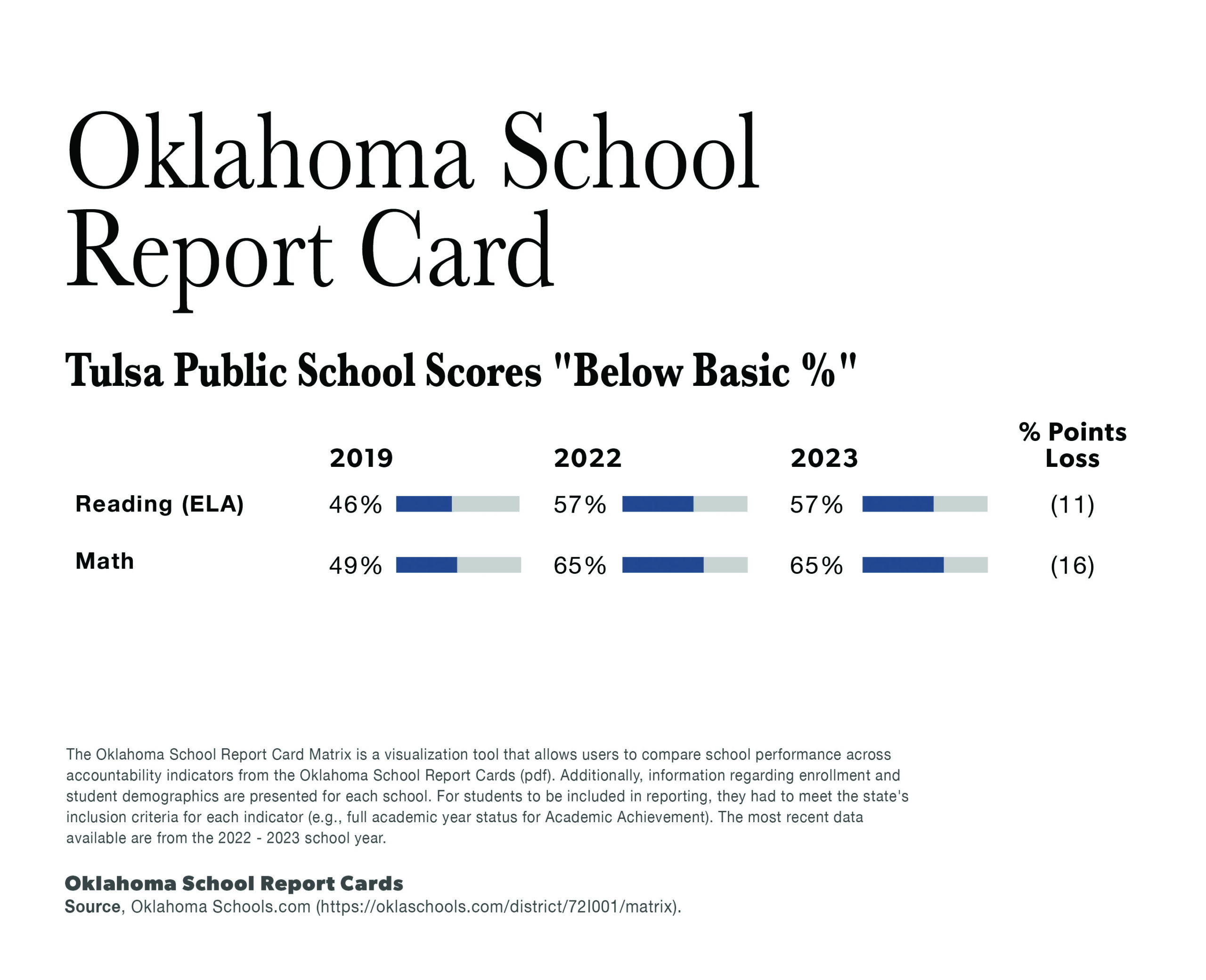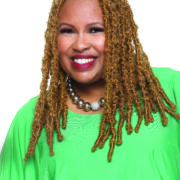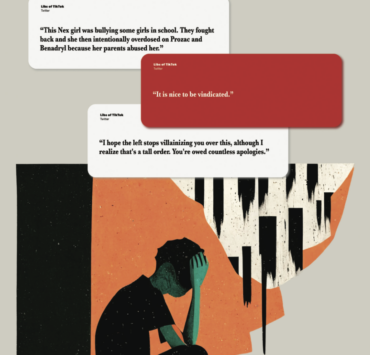
EDUCATION
John Neal
Illustration, Adobe Images and The Oklahoma Eagle
Oklahoma Students Will Suffer Most. For the thousands of pupils in Tulsa – and across Oklahoma – who struggled with school during the COVID-19 pandemic, those challenges are destined to impact their earnings potential in the workplace. Students of the COVID-19 era will likely take home thousands of dollars less in wages annually than they would have had the pandemic not occurred, according to a new education study.
The study, conducted by Hoover Institution professor Eric Hanushek, forecasts that learning losses during the pandemic will cost students nationwide billions of dollars in lost income over a lifetime. Hanushek, an economist, has written extensively on public policy with a special emphasis on the economics of education. Since 2000, he has been a Paul and Jean Hanna Senior Fellow at the Hoover Institution, an American public policy think tank located at Stanford University in California.
Oklahoma students are expected to be hit hardest, losing almost nine percent in lifetime earnings, more than any other state in the nation, the study found. In one possible scenario, The Oklahoma Eagle, using data from the study for retail workers in Tulsa, concluded the loss would amount to roughly an annual drop in pay from $33,300 to $29,800 using current pay scales.
The study comes as the Oklahoma State Board of Education (OSBE) and Tulsa Public Schools (TPS) are currently seeking to address the learning losses pupils suffered during the COVID-19 era. While the OSBE and TPS focus is on improving reading scores, the Hoover Institution study points out that it is the math scores that will most heavily impact the future earnings of students of the coronavirus disease era.
Massive declines in student math test scores that resulted from the pandemic are “highly correlated with the future earnings of students,” Hanushek told The Oklahoma Eagle in communications about the study.
While the pandemic affected nearly all ethno-racial groups, Black students, followed by Hispanics, showed the most significant decline in test scores nationwide during the 2020-23 period per the NAEP Long Term-Assessment Results.

Oklahoma trails the nation
Hanushek published the report, titled, The Economic Cost of the Pandemic: State by State in January 2023. He provided further explanation on its findings and implications to The Oklahoma Eagle in March 2024. Hanushek reported that “Oklahoma had greater learning losses than the nation as a whole, and the economic impacts on affected youth and the state became very large.” He attributed these losses to “school closures and the disruption of schooling because of Covid.”
In the 51 states/jurisdictions where scores were lower in 2022 than in 2019, the size of the score differences ranged from 4 to 13 points. Oklahoma -13.
NAEP REPORT CARD: MATHEMATICS – Eighth Grade Public School Students
Hanushek’s study projects Oklahoma’s “learning losses will result in a total loss of 2.9 percent” annually to the Oklahoma economy over the 21st century, or approximately $176 billion. Black and other students of color leaving school tend to enter the job market with lower-income jobs, thus bearing a disproportionate burden of the COVID-19 learning loss.
Published reports from the National Assessment of Education Progress (NAEP) for the period 2019-2022 show Oklahoma recorded the greatest combined learning losses in reading and math of any state in the nation. During the period using NAEP scoring standards, Oklahoma finished dead last in U.S. states with a loss of 13 score points in mathematics and next to the last in reading with a score decline of eight points among 8th-grade students. All NAEP statistics cited may be found here: https://www.nationsreportcard.gov. Professor Hanushek keyed in on 8th graders because these losses, described to The Oklahoma Eagle, “will be permanent unless we can make up the losses while the students are still in school.”
Hanushek warned that, “history indicates that the economic losses will be permanent unless the schools get better. Recovering from the pandemic requires swift and decisive improvements to the schools.”
Within Oklahoma
In recent months, Tulsa Public Schools (TPS), under State Education Board “orders”, has focused almost exclusively on improving reading scores for April 2024 state testing. However, a larger decline in statewide and Tulsa scores occurred in aggregate math scores. https://oklaschools.com/


Those students testing “below basic” in math – the State Board preferred measurement standard – worsened by nine percentage points to 38% statewide and by 16 percentage points to 65% in Tulsa Public Schools. Time is running out as test scores on state exams, which have plummeted since 2019, did not improve from 2022 to 2023.
While ethno-racial disparities in the form of lower scores also appear in the Oklahoma School Testing Program (OSTP) test results for the state and Tulsa, the causal correlation is more directly linked to economic disadvantage, English language learning, and among students with disabilities as reflected in OSTP data summaries.
Until recently, the Oklahoma State Board of Education (OSBE) and the State Superintendent of Public Instruction Ryan Walters have ignored the record-level drop in state academic achievement test scores, particularly math scores. He and the State Board have focused for months narrowly on TPS reading scores and its so-called “failing schools.” It was not until November 2023 that math and reading scores were proposed to be linked statewide to accreditation standards for school districts, and then with sanctions, not assistance.
Achieving equity
That rule adopted for math and reading scores would place “academic deficiencies” on 62 Oklahoma school districts based on the 2022-23 academic performance analysis done by the Oklahoma Appleseed Center for Law and Justice.
When the Oklahoma Appleseed Center challenged the State Education Department on the “one test metric of performance,” the agency provided no criteria or professional justification for the new standard. Instead, the official response was, “The agency believes [emphasis added] that at least half of the students in a school district can achieve the basic [level of] performance…a requirement that competent school districts should be able to meet.”
In its official Impact Statement, the agency did not recognize 62 Oklahoma school districts – as analysis by the Appleseed Center revealed – would not be “competent” had the standard been applied to the 2022-23 academic year. The Oklahoma Eagle extended the Appleseed Center analysis to a comparison with pre-pandemic 2019 scores.
Using State Education Department data, The Oklahoma Eagle staff found that only 12 of the 62 school districts would have been sanctioned for violation of the math standard had it been applicable before the pandemic. And 10 of the 12 would have been small rural school districts with enrollments ranging from roughly 50 to 1,100 students.
Tulsa Public Schools would also have cleared the new hurdle in reading and math prior to the pandemic. If the new standard is reasonable as the OSDE proclaims, few school districts in Oklahoma would have received an “academic deficiency” were it not for the student learning loss incurred by the pandemic.
Instead, for over a year, Walters has sought to call out state school districts over a barrage of “cultural” issues, including book banning, suppression of the teaching of America’s racist history, student gender identification, religious freedom, school pronoun use, alleged foreign financial contribution to schools, and targeting minority assistance programs.
Meanwhile, the question for a new generation of students who are entering the workforce in Tulsa and across Oklahoma is whether they are doomed to receiving lower earnings? Or is there a brighter path forward?
If the Hanushek study is correct that recovering from the pandemic requires swift and decisive improvements at the schools, a course correction is clearly needed. Schools will need more resources, not penalties, if Tulsa students are to realize their lifetime income-earning potential.”
Trusting News campaign members are encouraged to complete the following survey.










